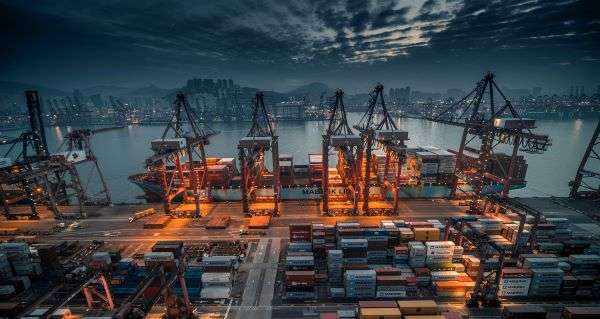The Port of Long Beach’s Supply Chain Information Highway is set to receive a significant boost, with nearly $8 million in funding from a California program aimed at enhancing port interoperability.
Enhancing the Digital Platform
The Port of Long Beach has secured close to $8 million in funding from a California program dedicated to port interoperability. The funds will be used to advance several projects aimed at improving the port’s Supply Chain Information Highway, a digital platform that provides crucial cargo planning resources to over 200,000 shippers utilizing the Port of Long Beach.
Projects to Boost Cargo Velocity and Coordination
The planned projects include the deployment of technology capable of reading container numbers from passing trains, streamlining container pickups through the integration of all terminals into a single trucking appointment system, and the development of data feeds for non-containerized cargo. These enhancements are expected to increase cargo velocity and improve coordination across different modes of transportation.
Breakdown of Funding Allocation
The $7,875,000 funding will be distributed across various tasks associated with the three main Supply Chain Information Highway projects. These include advancing exporter data visibility, stakeholder portal integration, enhancing rail tracking and visibility, implementing an environmental green corridor and transportation program, improving the truck appointment system, and developing a non-containerized cargo data feed.
Partnership with UNCOMN and Expansion of Data-Sharing System
The Port of Long Beach has been developing the Supply Chain Information Highway in collaboration with technology firm UNCOMN since 2019. The free visibility software is designed to enable stakeholders to make informed scheduling, planning, and operational decisions prior to cargo arrival, thereby enhancing the efficiency and cost-effectiveness of goods delivery. Several ports, including the Port of Oakland, Northwest Seaport Alliance, and the Utah Inland Port Authority, have already joined the data-sharing system.
The funding, granted by the Governor’s Office of Business and Economic Development, forms part of a larger $27 million investment by California into port data systems.







